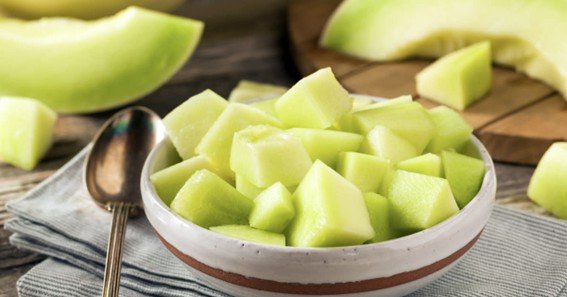When you ask why do college dining halls always have canteloupe and honeydew, the answer lies in a blend of practicality, nutrition, and cost-effectiveness. These two popular melons have become dining hall staples because they are refreshing, easy to serve, and packed with essential vitamins—making them a perfect choice to meet the diverse needs of college students.
The Appeal of Cantaloupe and Honeydew
Nutritional Benefits:
Both cantaloupe and honeydew are rich in vitamins A and C, antioxidants, and hydration-friendly water content. In a college setting where students often look for healthy, grab-and-go options, these melons provide a nutritious boost and help maintain energy levels throughout busy days.
Cost-Effective and Seasonal:
Melons are relatively affordable, especially when purchased in bulk for large dining facilities. Their seasonal availability ensures that dining halls can source them fresh during peak months, balancing quality with cost. Additionally, the ease of preparation—simply cutting into bite-sized pieces—minimizes labor costs in busy kitchens.
Portability and Versatility:
The naturally segmented texture and pleasant flavor of cantaloupe and honeydew make them a versatile option. They can be served as a standalone fruit plate, mixed into salads, or even blended into smoothies, catering to a wide range of dietary preferences and meal plans on campus.
Aesthetic and Refreshing Appeal:
College dining halls strive to offer vibrant, colorful options that appeal to students. The contrasting orange hue of cantaloupe against the pale green of honeydew adds visual appeal, making fruit trays more attractive. Their refreshing taste is especially popular during warm months, providing a light, hydrating option amid heavier meal choices.
FAQ Section:
-
Q: Why do college dining halls always have cantaloupe and honeydew?
A: They are cost-effective, nutritious, and versatile fruits that are easy to prepare and serve in large quantities, making them ideal for busy dining facilities. -
Q: What nutritional benefits do these melons offer?
A: Both melons are excellent sources of vitamins A and C, antioxidants, and have high water content, which helps keep students hydrated and energized. -
Q: How do cantaloupe and honeydew contribute to a balanced campus diet?
A: They offer a healthy, low-calorie option that complements other meal choices, helping students maintain a balanced diet rich in fruits and essential nutrients. -
Q: Are these melons available year-round in college dining halls?
A: While their peak season is during the warmer months, many dining halls use sourcing strategies to offer these melons as much as possible throughout the year, sometimes relying on imported produce. -
Q: What makes these melons popular among college students?
A: Their refreshing taste, ease of consumption, vibrant appearance, and the health benefits they provide make cantaloupe and honeydew particularly appealing to health-conscious students.
Conclusion:
Understanding why do college dining halls always have canteloupe and honeydew reveals the perfect synergy of nutritional value, cost-effectiveness, and visual appeal that these melons offer. Their consistent presence on campus menus not only meets students’ dietary needs but also adds a refreshing, healthy option to the array of dining hall choices.










